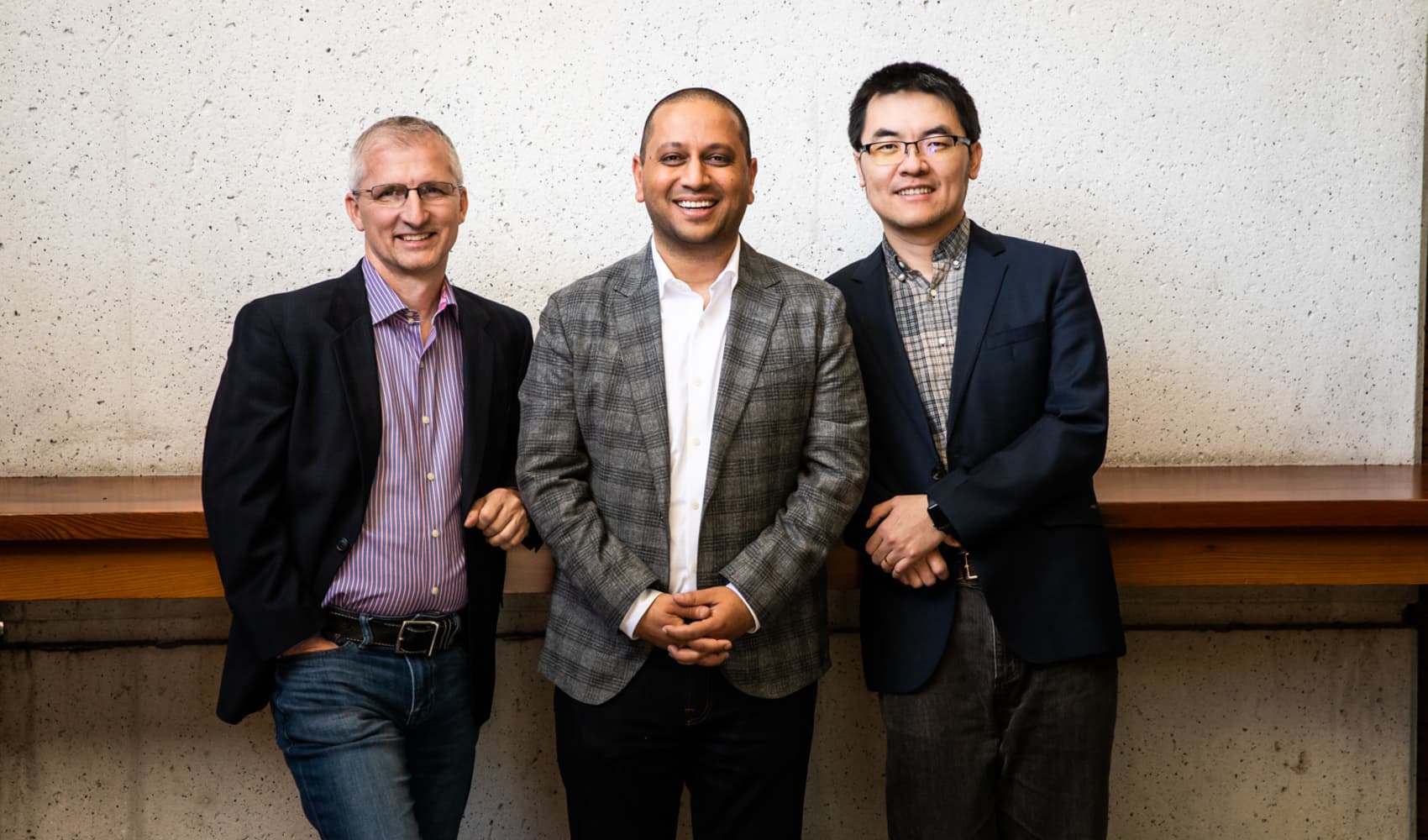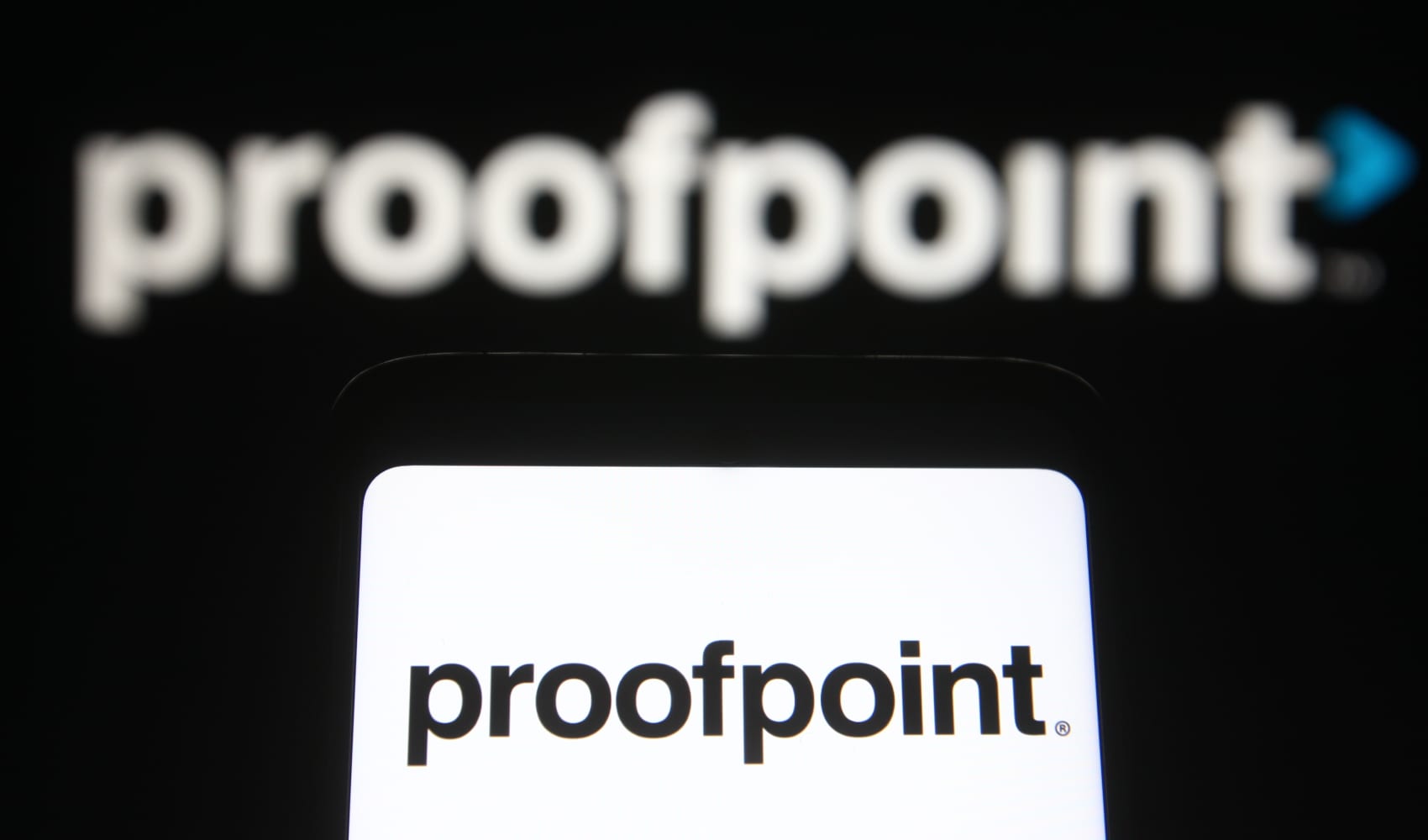Cloud Giants Invest! Security Startup Veza Lands $108M Funding
Atlassian, Snowflake & Workday Bet Big on Veza: Why Security is the New Gold
The Cloud's Power Play: Investing in Security
In the tech world, we're used to seeing giants like Google, Amazon, and Microsoft throwing their weight behind AI startups, chasing the next groundbreaking algorithm. But there's a quieter, equally significant trend emerging: cloud software vendors are getting serious about corporate investing, particularly in the crucial area of security. And sometimes, they're even joining forces! So, what's driving this shift? Let's dive in.
Veza's $108 Million Win: A Vote of Confidence
Veza, a security startup focused on managing employee access to internal technologies, has just secured a massive $108 million in funding. What's truly noteworthy isn't just the size of the round, but *who* is participating: Atlassian, Snowflake, and Workday – three titans of the cloud software landscape. This isn't just passive investment; it's a strategic alliance, a clear signal that these companies see Veza's solution as vital to the future of their ecosystems. New Enterprise Associates led the funding round. This move highlights the growing importance of security within the cloud computing space.
Why Security is the Hottest Ticket in Tech
Think about it: in today's digital world, data breaches are no longer just inconvenient; they're existential threats. For companies of all sizes, securing sensitive information is paramount. The risks are constantly evolving, and the attack surface is expanding with every new application and cloud service. With remote work becoming the norm, the challenge of managing access and permissions across disparate systems has become exponentially more complex. That's where companies like Veza step in.
The Growing Threat Landscape
Cyberattacks are becoming more sophisticated and frequent. We're seeing everything from ransomware attacks crippling entire organizations to data breaches exposing the personal information of millions. It's a digital Wild West out there, and companies need to invest heavily in security to protect themselves.
Compliance and Regulations
Furthermore, regulatory pressures are increasing. Governments and industry bodies are imposing stricter requirements for data privacy and security. Failing to comply can result in hefty fines and reputational damage. It's no longer optional; security is a business imperative.
Veza's Solution: Making Access Management Simple
Veza's software addresses the core challenge of identity and access management (IAM) in the modern enterprise. Imagine a company with hundreds of applications, each with its own set of users and permissions. Keeping track of who has access to what, and ensuring that access is appropriate, is a nightmare. Veza simplifies this by providing a centralized platform for managing access rights across all these systems. They offer a "permissions platform" to provide access visibility, governance, and control.
Centralized Control
Veza allows companies to see exactly who has access to what resources, and to easily grant or revoke access as needed. This centralized control simplifies compliance audits and reduces the risk of unauthorized access.
Granular Permissions
The platform enables granular permissions, ensuring that employees only have access to the data and applications they need to do their jobs. This minimizes the potential damage from insider threats or compromised accounts.
Atlassian's Perspective: Streamlining Collaboration Securely
Atlassian, known for its collaboration tools like Jira and Confluence, has a vested interest in ensuring the security of its platform. After all, sensitive project information and discussions are often stored within these systems. By investing in Veza, Atlassian is signaling its commitment to providing its customers with a secure collaboration environment. How do you collaborate effectively if you're always worried about who's looking over your shoulder?
Snowflake's Stake: Protecting Data in the Cloud
Snowflake, a leading cloud data platform, understands that data security is paramount for its customers. Their platform handles vast amounts of sensitive data, making it a prime target for attackers. Veza's software can help Snowflake customers manage access to their data more effectively, reducing the risk of data breaches. If your data is the lifeblood of your business, shouldn't it be guarded like gold?
Workday's Angle: Securing the HR Ecosystem
Workday, a major player in the HR and finance software space, deals with highly sensitive employee data. Ensuring the privacy and security of this data is crucial. By investing in Veza, Workday is bolstering its ability to protect its customers' HR information from unauthorized access. The stakes are high when you're dealing with people's livelihoods and personal information.
The Power of Collaboration: Vendors Banding Together
The fact that Atlassian, Snowflake, and Workday are investing in Veza together is particularly interesting. It suggests that these companies recognize the importance of a unified approach to security. They're not just investing in Veza for their own benefit; they're investing in a solution that can benefit the entire cloud ecosystem. Imagine a world where security tools seamlessly integrate with each other, providing a comprehensive defense against cyber threats. That's the vision these companies are working towards.
Beyond AI: The Undervalued Importance of Security Investment
While the spotlight often shines on flashy AI investments, the importance of security investments should not be underestimated. Security is the foundation upon which all other technological innovations are built. Without a strong security posture, companies cannot confidently embrace new technologies or pursue digital transformation initiatives. If your house has no foundation, does it really matter how fancy the paint job is?
What This Means for the Future of Cybersecurity
This investment in Veza signals a broader trend towards proactive security. Companies are no longer content to simply react to security threats; they're actively seeking out solutions that can help them prevent breaches from happening in the first place. This shift requires a new mindset and a willingness to invest in innovative security technologies. Investing in security today is like investing in insurance for tomorrow.
The Impact on Users: Enhanced Security & Control
Ultimately, the investment in Veza will benefit end users by providing them with enhanced security and control over their data. Companies that use Veza will be better equipped to protect sensitive information, reducing the risk of data breaches and identity theft. This provides peace of mind and builds trust, which is essential in today's digital world. Do you feel safer knowing your data is locked behind multiple layers of defense?
The Future of Veza: Growth and Innovation
With this new funding, Veza is well-positioned to accelerate its growth and continue innovating in the IAM space. We can expect to see the company expand its product offerings, reach new markets, and further strengthen its partnerships with cloud software vendors. This is just the beginning for Veza, and we can expect to see great things from them in the years to come.
The Cloud Security Landscape: A Competitive Market
While Veza is gaining traction, the cloud security market is crowded and competitive. Numerous other companies are vying for market share, each with its own unique approach to addressing the challenges of cloud security. Companies like Okta, Ping Identity, and CyberArk are established players in the IAM space, while newer startups like Auth0 and JumpCloud are also making waves. Veza needs to demonstrate its unique value proposition and differentiate itself from the competition to succeed in the long run.
Predictions: What to Expect Next
Expect to see more cloud software vendors making strategic investments in security startups. This trend will continue as companies recognize the critical importance of security in the cloud era. We can also anticipate increased collaboration between vendors and security providers, leading to more integrated and comprehensive security solutions. The future of cybersecurity is one of collaboration and innovation.
Conclusion: The Power of Secure Access
Conclusion: Key Takeaways
The investment in Veza by Atlassian, Snowflake, and Workday is a significant development that underscores the growing importance of security in the cloud era. Veza's software addresses a critical need by helping companies manage employee access to internal technologies. This investment signals a broader trend towards proactive security and increased collaboration between vendors and security providers. Ultimately, this will benefit users by providing them with enhanced security and control over their data. Security is no longer an afterthought; it's a fundamental requirement for success in the digital age.
Frequently Asked Questions
Here are some frequently asked questions about Veza and cloud security:
What exactly does Veza's software do?
Veza's software helps companies manage and control employee access to various internal technologies, ensuring that only authorized individuals have access to sensitive data and applications. It provides a centralized platform for managing permissions and access rights across different systems.
Why are Atlassian, Snowflake, and Workday investing in a security startup?
These cloud software vendors recognize the critical importance of security for their platforms and customers. By investing in Veza, they are bolstering their ability to protect sensitive data and reduce the risk of data breaches. It's also about offering enhanced security capabilities within their own ecosystems.
How does Veza differentiate itself from other security companies?
Veza differentiates itself by providing a centralized and granular approach to access management, offering a unified view of permissions across different systems. Their platform simplifies compliance audits and reduces the risk of unauthorized access. They focus specifically on permissions management as a core competency.
What are the biggest challenges in cloud security today?
Some of the biggest challenges in cloud security include managing access and permissions across disparate systems, keeping up with evolving cyber threats, and complying with increasingly stringent regulations. Remote work has exacerbated these challenges.
What can companies do to improve their cloud security posture?
Companies can improve their cloud security posture by implementing strong identity and access management (IAM) policies, investing in security awareness training for employees, regularly patching and updating software, and monitoring their systems for suspicious activity. A proactive approach is key.

